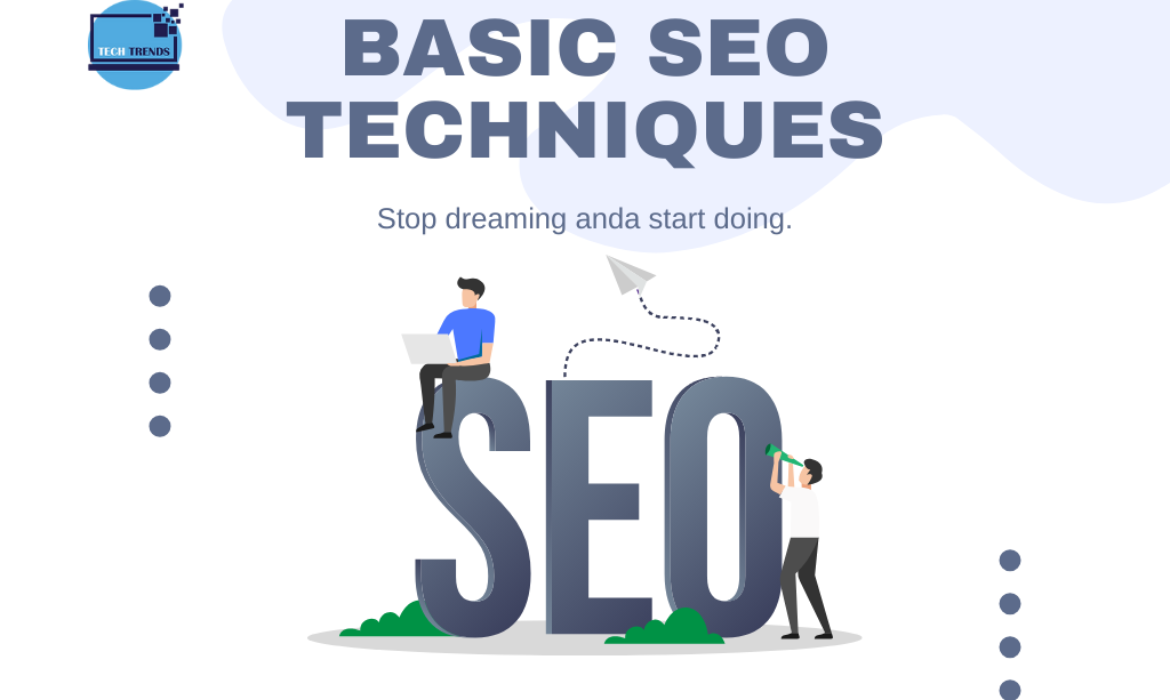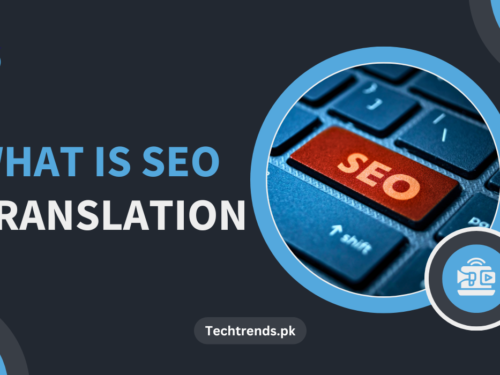Are you wondering what should be the first step of a structured SEO plan? If so, here’s the right answer:
- Identifying your ad budget
- Buying an analytics software
- Setting up your presence on social media sites
- Keyword research
Answer: Keyword research
When starting a structured SEO plan, the first crucial step is conducting a comprehensive website audit. Without a clear understanding of your website’s current state, implementing further strategies can be ineffective, much like sailing a ship without a proper map.
Understanding the Fundamentals of SEO
Search Engine Optimization (SEO) is the process of optimizing your website to rank higher in search engine results pages (SERPs). This fundamental digital marketing strategy helps increase your site’s visibility, drive relevant traffic, and build trust with both search engines and users. To succeed in SEO, you need to understand its basics, which include keyword research, on-page and off-page optimization, and technical SEO practices.
What is SEO, and How is it Crucial?
Search Engine Optimization (SEO) is the process of optimizing your website to rank higher in search engine results pages (SERPs). This involves adapting to changes in search engine algorithms to drive more organic traffic to your site. Effective SEO can:
- Increase website visibility
- Target and attract relevant traffic
- Build trust with search engines and users
- Improve conversion rates and business growth
Keyword Research: The Cornerstone
The Power of Keywords
Keyword research is the foundation of SEO. It involves identifying the terms and phrases your target audience uses when searching for products or services. Proper keyword research helps you:
- Understand user needs and priorities
- Find high-traffic keywords to target
- Optimize your content for better search engine rankings
- Stay competitive in your industry
Competitor Analysis: Learning from the Finest
Spying on Your Competitors
Analyzing your competitors’ websites is essential to stay ahead in SEO. By studying their strategies, you can:
- Identify market gaps
- Learn from their successes and failures
- Evolve your SEO plan to surpass competitors
- Prepare your next move in the digital race
Setting Clear Digital Marketing Goals and Objectives
Defining Your SEO Objectives
Before starting your SEO journey, you need to set clear, measurable goals. This helps you:
- Stay focused
- Measure progress effectively
- Adapt your strategy as needed
- Motivate your team and yourself
On-Page SEO: Optimizing Your Website
Improving Your Visibility
On-page SEO involves optimizing individual pages to improve their visibility and attract more organic traffic. Key elements include:
- High-quality content
- Keyword optimization
- Image optimization
- Meta descriptions and titles
- Headers and subheaders
- Internal and external linking
Content Creation and Optimization
Quality Content is King
Creating engaging and informative content is crucial for SEO. High-quality content:
- Attracts and engages the audience
- Builds trust and authority
- Encourages backlinks
- Improves search engine rankings
Technical SEO: The Backbone of Your Website
Fixing the Behind-the-Scenes Issues
Technical SEO ensures your website is accessible to both search engines and users. This includes:
- Speed optimization (web and mobile)
- Mobile-friendliness
- Secure HTTPS connections
- XML sitemaps
- Canonical tags
Creating an SEO-Friendly Website Structure
Building a Solid Foundation
A well-organized, user-friendly website structure enhances the user experience and makes it easier for search engines to crawl and index your pages. Consider:
- Intuitive navigation
- Clear URL structure
- Proper content categorization
- Sitemaps and breadcrumbs
Off-Page SEO: Building Your Online Reputation
Earning Trust Beyond Your Website
Off-page SEO involves activities outside your website that improve your search engine rankings and online visibility. Key techniques include:
- Reviews and online management
- Solid link building
- Social media engagement
- Influencer collaborations
Local SEO: Targeting the Right Audience
Connecting with the Local Community
If your business operates locally, targeting local SEO is essential. This includes:
- Optimizing business listings
- Consistent NAP (name, address, phone number) information
- Local keyword optimization
- Customer reviews and testimonials
Social Media Presence
Leveraging Social Platforms
Incorporating social media into your SEO plan can boost your online presence. This involves:
- Sharing your content
- Promoting to your audience
- Building a following
- Encouraging audience engagement
Mobile Optimization: Adapting to the Mobile Era
Optimizing for On-the-Go Users
Optimizing your website for mobile users is fundamental, as most internet users access the web via mobile devices. Consider:
- Mobile-responsive design
- Fast-loading pages
- Mobile-friendly content
- App integration if applicable
Monitoring and Tracking Progress
The Importance of Analytics
Continuous monitoring and tracking key performance metrics are essential to ensure your SEO plan is on track. Use tools like Google Analytics to:
- Estimate organic traffic
- Check keyword rankings
- Analyze user behavior
- Determine areas for improvement
Adjusting to Search Engine Algorithm Updates
Staying Ahead in the SEO Game
Search engines regularly update their algorithms, affecting search rankings. Staying informed and adaptable is crucial. Strategies include:
- Keeping up with recent updates
- Evolving your content to meet algorithm changes
- Focusing on high-quality content
Frequently Asked Questions
How much should I check my SEO progress?
Monitor your progress at least once a month, or more frequently during major changes or campaigns.
Do I need a professional to handle SEO?
Advanced techniques often require professional expertise. The competition and scale of your website can influence this decision.
What is the role of social media in SEO?
Social media supports SEO by boosting visibility and interactions online, and helping to build your online reputation.
What is the importance of keyword research in SEO?
Keyword research is vital as it identifies the terms your audience uses, improving content and search engine rankings.
When would you see the results of the SEO plan?
Results vary but generally take 4-6 months to see significant improvements in rankings and traffic.
Conclusion
A structured SEO plan starts with a deep understanding of the basics, thorough research, and clear objectives. Remember, SEO is a continuous process that requires dedication, adaptability, and ongoing learning. By following these steps and consistently optimizing your online presence, you can navigate the SEO landscape successfully and achieve lasting digital success.



